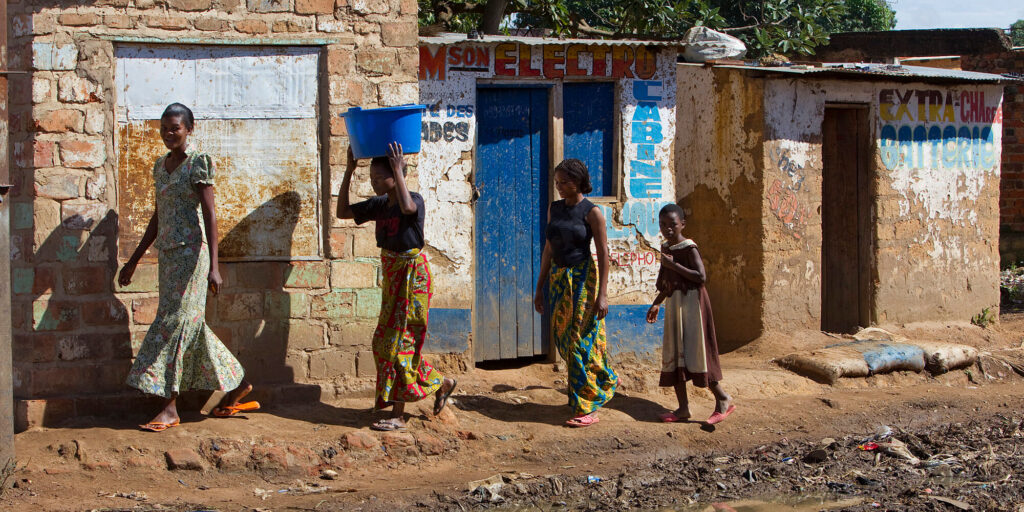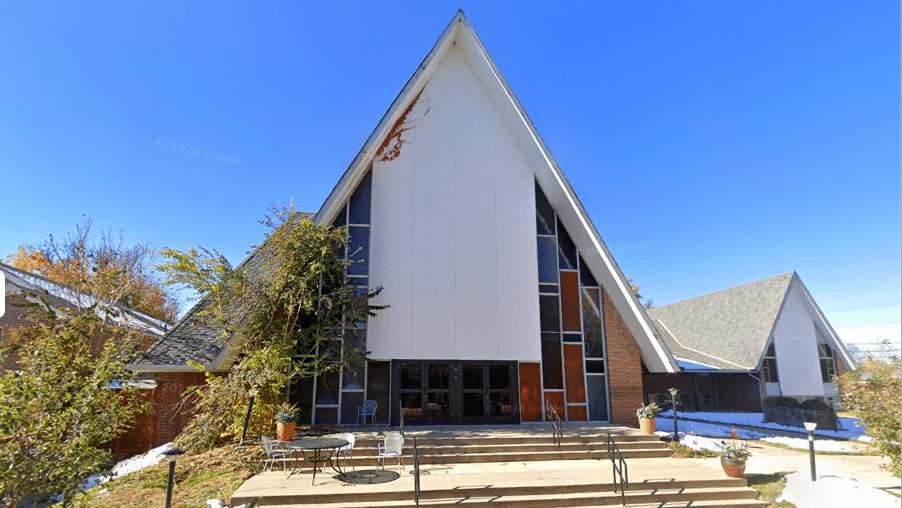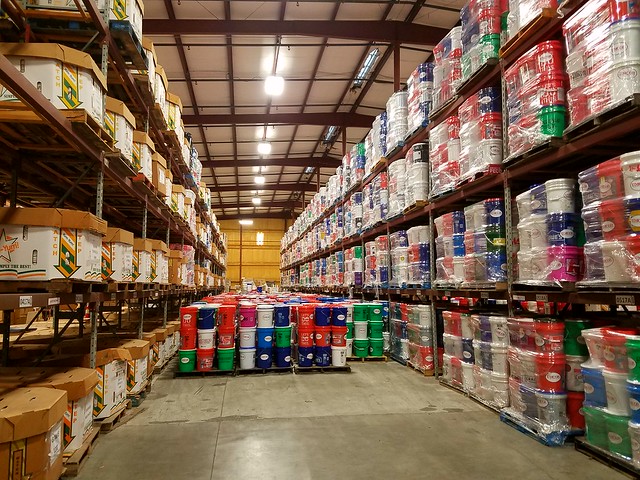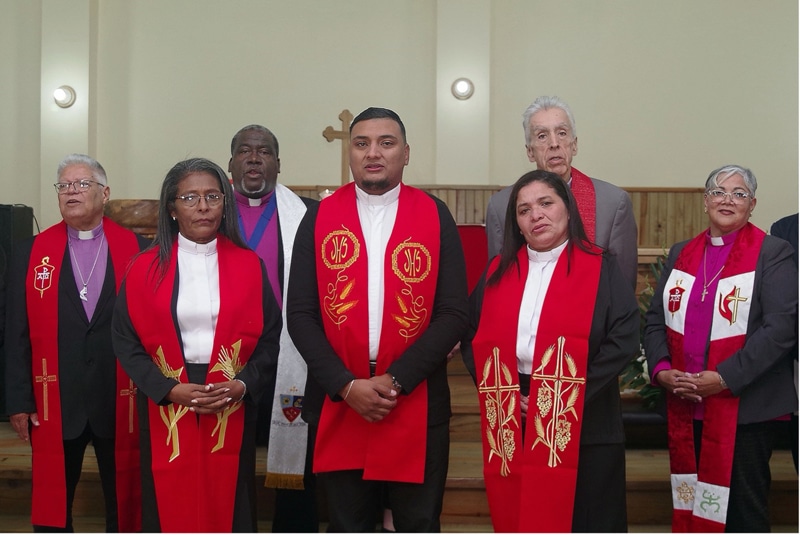ATLANTA — In Lubumbashi, Democratic Republic of the Congo, some teenage girls must drop out of school because their families can no longer afford to support their education. The United Methodist Church in the South Congo Annual Conference has reached out to this vulnerable population. While the young women do not yet have the skill-set or education to find work, once outside their families they are vulnerable to rape and sex trafficking. Some become pregnant and do not know where to turn. In this population, HIV and AIDS and other kinds of sexually-transmitted diseases are prevalent.
This year, World AIDS Day focuses on inequities such as severe poverty and the resulting lack of access to education and health services that make some populations more vulnerable to HIV and AIDS. A grant from the United Methodist Global AIDS Fund is currently assisting the South Congo Annual Conference to train unemployed young single mothers in skills and trades so they can become self−supporting and live with dignity.
Through Global Health, HIV-testing is made available to all pregnant mothers who seek health services from supported United Methodist facilities and programs across Africa. For those testing positive, anti-retroviral drugs may improve the mother’s health and chances of survival and prevent mother-to-baby transmission of HIV. Whether promoting direct health interventions like this or addressing the social conditions that leave certain populations at risk, such as in South Congo, United Methodists seek solutions on multiple fronts to decrease the transmission and grip of HIV and AIDS.
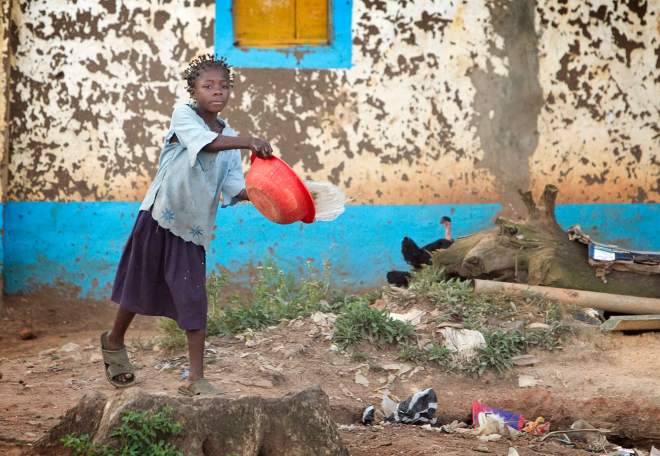
On World AIDS Day, join Global Ministries in prayer and work to support meaningful action to ensure inclusion, equity, and better health for all people affected by HIV and AIDS. Give to Advance #982345.
Christie House is a writer and editor consultant for Global Ministries and UMCOR.
